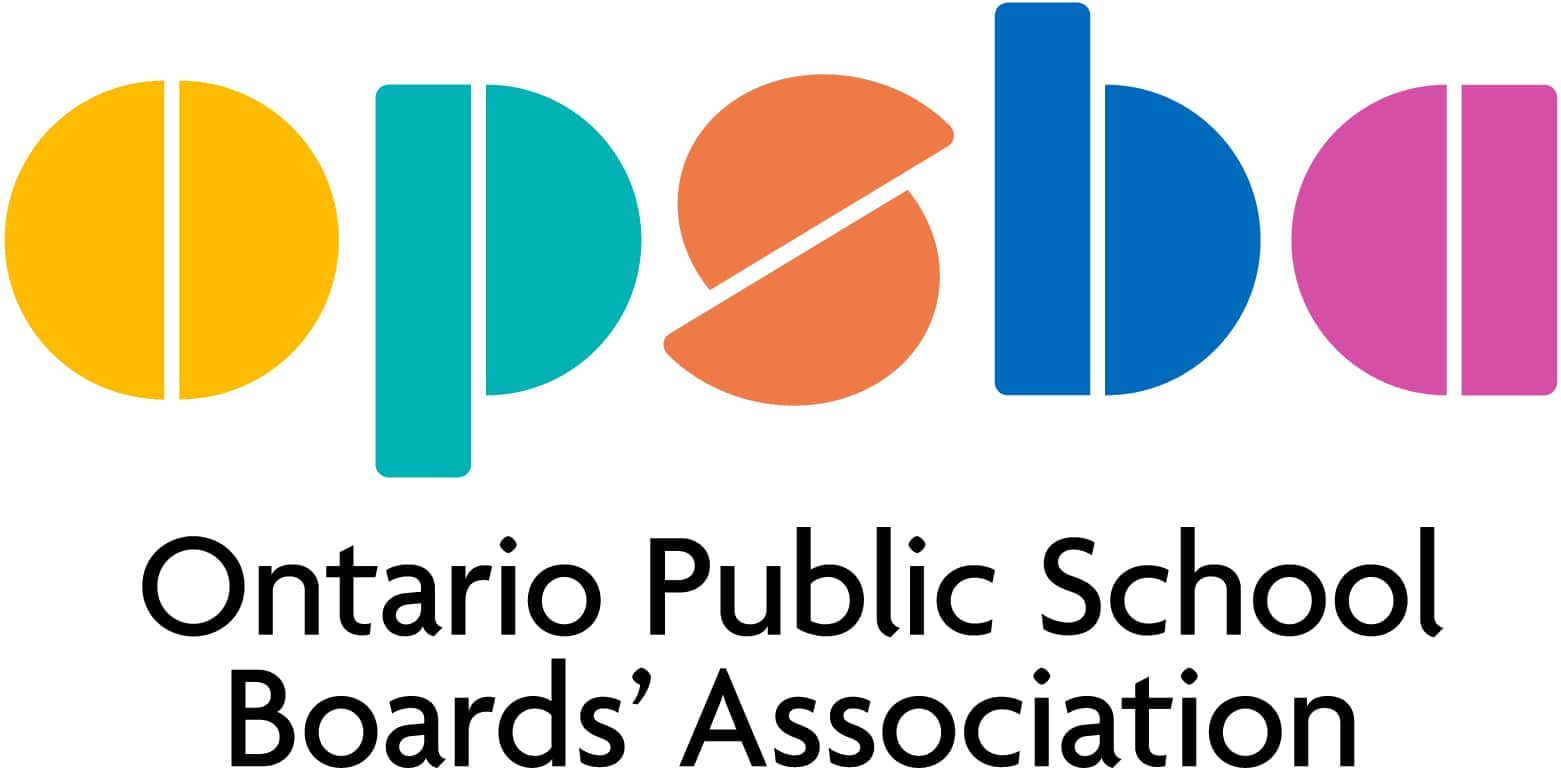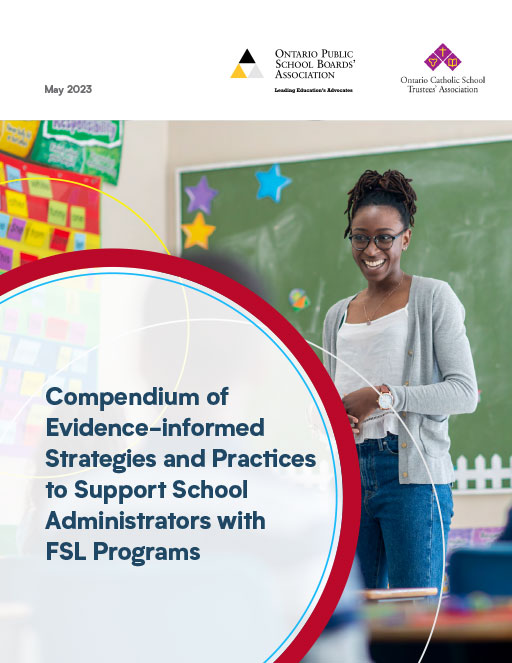Meeting labour market needs for FSL instruction has become an increasing challenge for all English language public school boards in Ontario. OPSBA has led the FSL Partnership Committee since 2017. The Partnership conducted research to inform workable solutions to address the growing gap between the number of students enrolling in French language programs and the recruitment and retention of sufficient numbers of FSL teachers and support staff.
This website and resources were made possible thanks to financial support from the Government of Ontario and the Government of Canada through the Department of Canadian Heritage.
What
have we
learned?
Labour Market Partnership
Three intersecting themes emerged from the work begun in the Labour Market Partnership:
- Research across Canada identified 5 high-yield strategies for more successful FSL teacher recruitment.
- French proficiency assessments play a high-stakes role in FSL teacher hiring decisions, need to be reliable and valid, and create starting points in supporting French language development.
- School leaders are motivated to support FSL teachers and their work; evidence also points to a desire for opportunities to identify and discuss their specific leadership needs in order to optimize their leadership impact.

What Resources
can help?
The resources below have been developed for school boards to improve the recruitment, hiring , professional support and retention of FSL teachers. Based on the research and implementation experience to date the following are the five key findings that should guide school boards in implementing the evidence-informed strategies and practices contained in these resources.
Five Key Findings
- Efforts in recruiting, hiring, supporting, and retaining FSL teachers are inter-dependent. Increased efforts at recruitment will be compromised without corresponding work to improve retention.
- Many board departments play a role in supporting improvement efforts; collaboration between these departments yields stronger results.
- Credible, formative French-language proficiency assessment at point-of-hire that leads to ongoing French-language development of FSL teachers shows promise as a retention strategy.
- Focussed FSL leadership support for school administrators leads to positive outcomes for FSL programs and FSL teachers.
- Coordination of FSL teacher professional learning reduces teacher isolation, builds confidence, and conveys the positive value a school board places on second language acquisition.
High-Yield Recruitment Strategies
This section contains a collection of resources to assist school districts with specific recruitment and hiring strategies.





